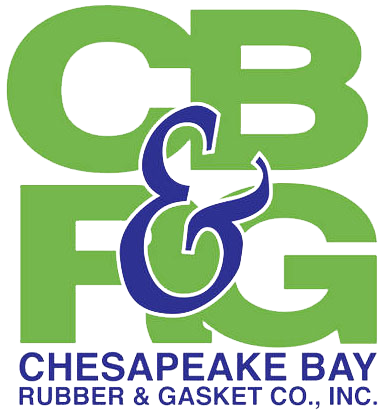MIL-C-6183
MIL-C-6183 is a military specification that outlines the requirements for cork and rubber composite materials used in gaskets and seals for various applications. This specification ensures that the cork/rubber material meets specific standards for compressibility, resilience, and chemical resistance. The combination of cork and rubber in these composites provides an effective solution for creating seals that can withstand pressure and maintain their integrity in different environments. Cork contributes to the material's compressibility and flexibility, while rubber enhances its sealing properties and durability. MIL-C-6183 cork/rubber materials find applications in industries where reliable sealing is essential, such as aerospace, automotive, and industrial sectors. By adhering to MIL-spec standards, these cork/rubber composites ensure consistent quality and performance, meeting the stringent demands of military and other critical applications.
High quality grade of cork and nitrile rubber, blended and bound with high oil, aromatic fuel, and solvent resistance. This product makes excellent tank cover gaskets. Meets Mil-C-6183 Type II, Class I, Grade C.
Density (lbs/cubic ft): 46
Tensile Strength (psi): 250
Compression (@ 400%): 10-20
Recovery: 75
Temperature MAX: 250 degrees F
Color: Cork appearance
Mil-Spec: Mil-C-6183 Type II, Class I, Grade C
MIL-C-6183 refers to a military specification that covers elastomeric materials in the form of sheet, strip, tubing, extrusions, and molded shapes. The MIL-C-6183 specification outlines the requirements for these elastomeric materials, which are commonly used in various military applications.
Here are some key points about MIL-C-6183:
Material Composition:
Elastomers are polymers with elastic properties, and they exhibit flexibility and resilience, making them suitable for various applications where sealing, cushioning, or vibration isolation is required.
Applications:
The elastomeric materials specified in MIL-C-6183 find use in a variety of military applications. Common applications include gaskets, seals, O-rings, and other components used in military equipment and systems. The materials are chosen for their ability to provide effective sealing and insulation properties.
Compliance and Testing:
Manufacturers producing elastomeric products under MIL-C-6183 must comply with the specifications outlined in the document. Compliance involves meeting specific physical, chemical, and mechanical properties. The testing procedures specified in the document ensure that the elastomeric products meet the required standards for factors such as hardness, tensile strength, and resistance to environmental conditions.
Quality Assurance:
Military specifications typically include requirements for quality assurance during the manufacturing process. This may involve inspections, testing, and documentation to ensure consistent adherence to the specified standards.
Environmental Resistance:
Elastomeric products under MIL-C-6183 are expected to demonstrate resistance to environmental factors, including exposure to temperature extremes, moisture, and chemicals. This is crucial for applications where the elastomeric components may be subjected to challenging conditions.
Changes and Updates:
Military specifications, including MIL-C-6183, may undergo updates or revisions over time to incorporate advancements in materials or changes in requirements.


